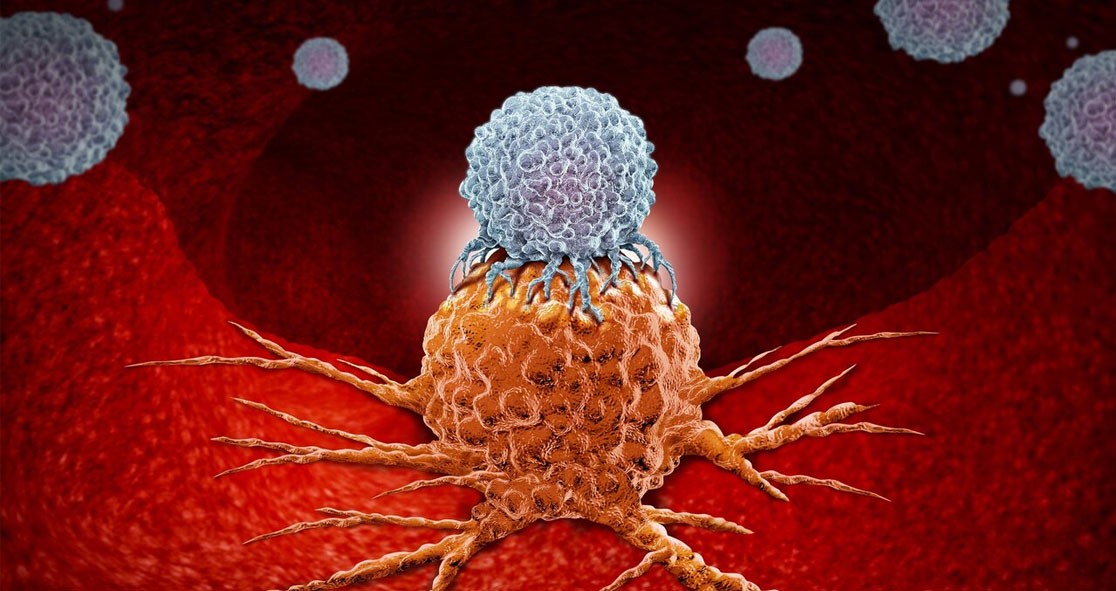Researchers at University College London (UCL) developed a therapeutic antibody that has been shown to unblock and normalize blood vessels inside cancerous tumors, according to Science Daily.
This technique enables a more effective way of delivering targeted cancer treatments.
The researchers, who published their findings in the journal MED, conducted a study in mice and demonstrated that inhibiting the activity of LRG1 (a protein produced in many tumorous tissues) liberates disorganized angiogenesis (blood vessel formation), a leading cause of morbidity in numerous diseases, including cancer.
The team said the novel drug offers a better outcome in those who respond poorly to the current standard of care for cancers of the breast, colon, bladder, prostate, and lung.
In addition, the researchers found the therapeutic antibody significantly enhanced the ability of immunotherapies to reduce solid tumors, something that doctors have struggled to overcome.
The study’s co-lead author Prof. John Greenwood said, “Cancers need a blood supply to grow, but when new vessels form inside a tumor they are typically abnormal, resulting in compromised oxygen delivery that may render the tumor more aggressive.”
“This impaired blood supply also limits the delivery of therapies reducing their effectiveness and contributing to treatment resistance,” he added. “We asked whether blocking the activity of a novel molecule that damages blood vessels, namely LRG1, would allow vessels to grow more normally thus reducing tumor expansion and, most importantly, enhancing the delivery and efficacy of other drugs.”
The team developed the LRG1-blocking antibody, which was administered to tumor-bearing mice in the presence and absence of various cancer therapeutics, simulating similar treatment courses as found in humans, according to Science Daily.
Another co-lead author Prof. Stephen Moss said, “Although counterintuitive, finding a way to normalize cancerous tumor blood vessels has become a clinical objective, but identifying an effective therapeutic tool has proven elusive.”
“Our results provide direct evidence that blocking the LRG1 protein, which is produced at high levels in tumors, normalizes the vasculature and enhances the current sub-optimal effectiveness of immunotherapies, including checkpoint inhibition and CAR-T cell therapy, in solid cancers,” he added.
“This opens up the potential to achieve a far better result in many cancer patients who respond poorly to the current standard of care,” Prof. Moss explained.
The human version of the LRG1-blocking antibody, called Magacizumab, is ready to progress to clinical trials in patients with cancer and eye disease.
The article was published in Science Daily.





















